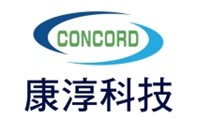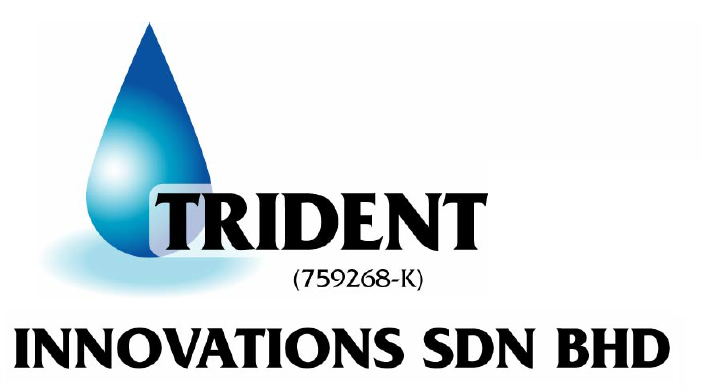- Home
- Technology
- Publication
Modification of Potential of Zero Charge by Using Resin Embedded Carbon Electrode for the Enhancement of Desalination Capacity and Charge Efficiency
Conventional capacitive deionization (CDI) system always suffered poor charge efficiency and limited desalination capacity due to the co-ion effect happening during the electrosorption process. This study aimed to improve the desalination performance of CDI system by optimizing the potential of zero charge (Epzc) of the activated carbon electrodes (AC). The Epzc of anode and cathode were altered via the incorporation of anion exchange resin (AIER) and cation exchange resin (CIER) into AC, respectively. The result showed that the desalination capacity of IER modified electrodes (5.04 mg/g) increased 48% compared to the non-modified AC electrodes (3.4 mg/g). At 100 mg/L NaCl and the applied potential of 1.2 V, the IER modified electrode outperformed non-modified AC electrodes by 20-26% in terms of charge efficiency (89.1%) and energy consumption (3.686 kWh/kg). The improved desalination performance of modified CDI system was attributed to the shifting of Epzc on anode from 0.8 V to -0.9 V, which significantly minimized the co-ion effect. Even though the specific capacitance of IER modified AC was slightly lower (28.5-32.6 F/g) than the AC (38.7 F/g), the charge transfer resistance was reduced with the introduction of IER. Our results demonstrate that the enhancement of charge utilization of IER modified electrode can benefit desalination efficiency in the CDI system.
Author:張家瑋,蔡明瀚,鐘琍菁,劉柏逸,趙淑如,林以萱,黃志彬
★Article source:6th International Conference on Battery Deionization & Electrochemical Separation









